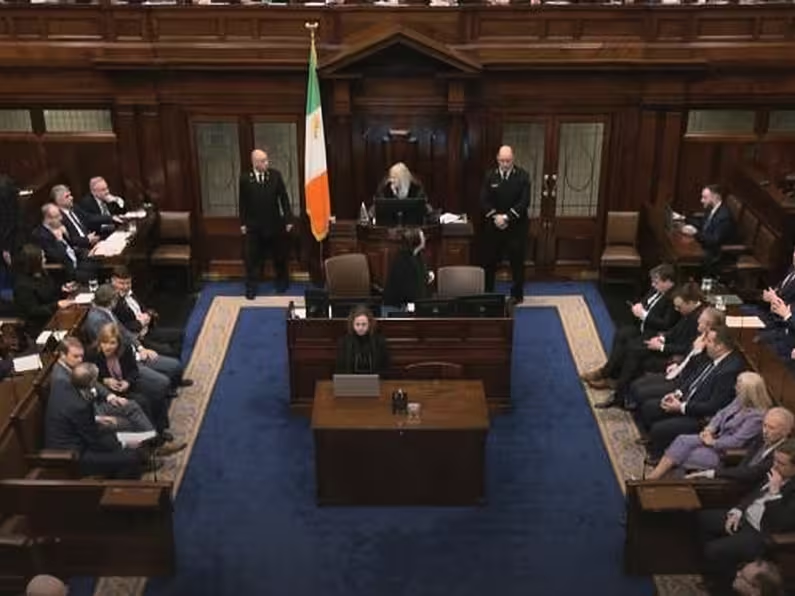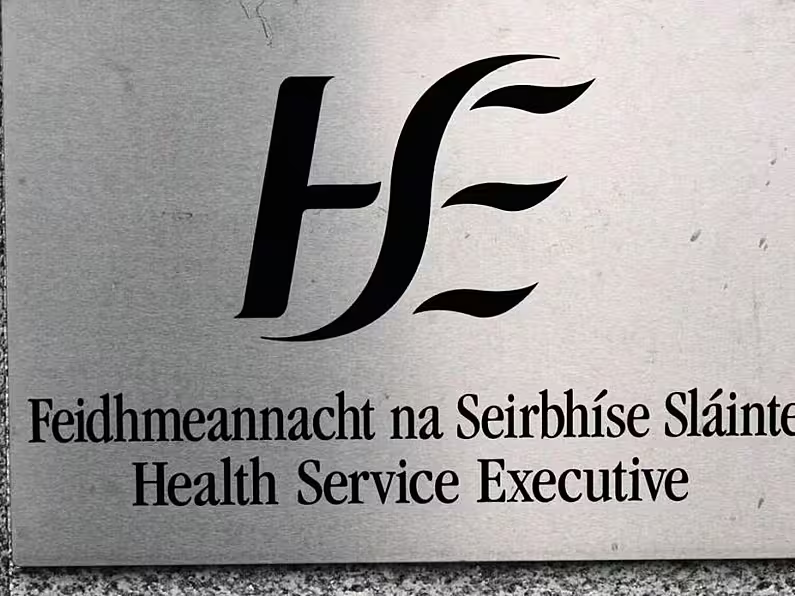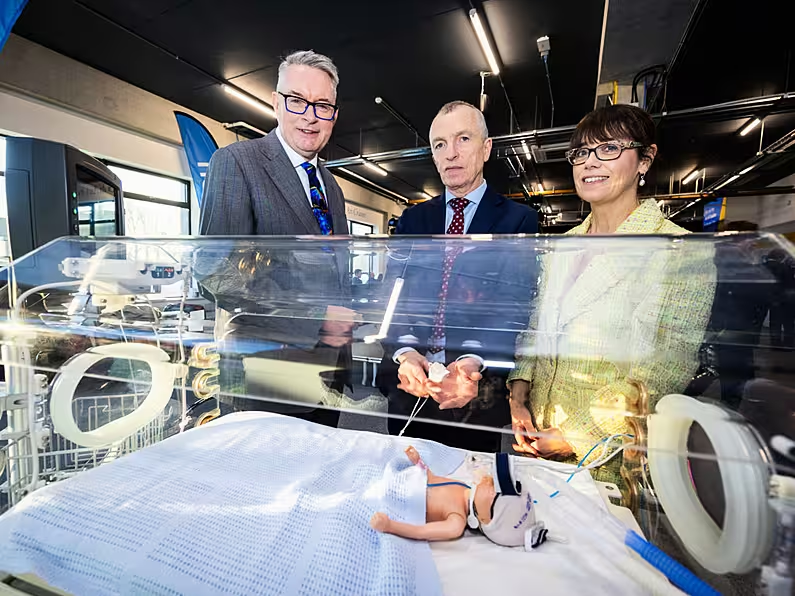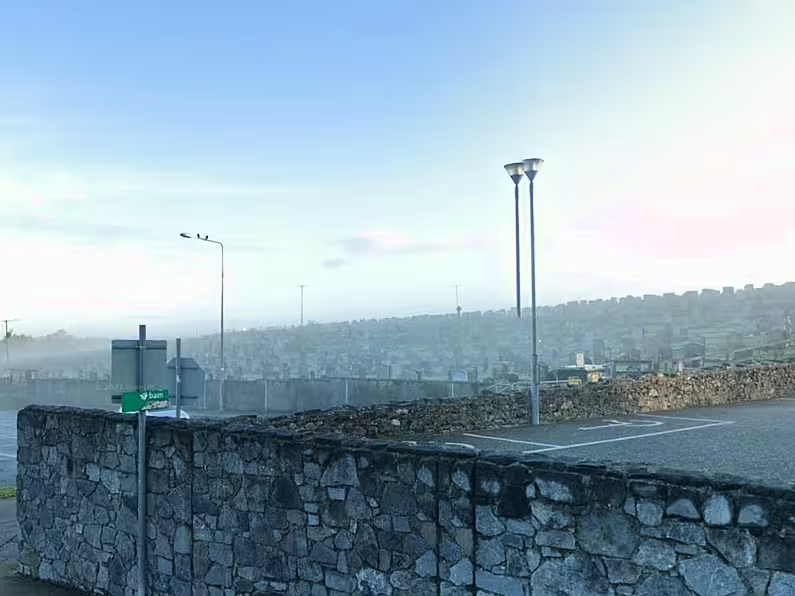The National Immunisation Advisory Committee (NIAC) has approved the use of booster vaccines for almost everyone.
A booster dose of an mRNA vaccine will be given in the following order of priority:
- pregnant women aged 16 years and older
- those aged 40 - 49 years
- those aged 16 - 39 years, in descending order by age e.g., by 10-year age cohorts.
In the case of those 16–39-year-olds who received COVID-19 vaccine Janssen as their primary vaccine, they can be offered a booster dose irrespective of their age after a minimum three-month interval.
People will still need to be at least five months after their second dose of the initial vaccine.
The HSE will work through the currently approved groups of over 50s and those will underlying conditions first.
Minister for Health Stephen Donnelly said: “We continue to prioritise boosters because we know that they are having a positive impact on the level of hospitalisation, severe illness and mortality from COVID-19 in those aged over 70. I am also accelerating the booster rollout to those with underlying conditions and those in their 60s.”
The Minister added: “I would also like to once again, ask all those who are eligible for vaccination but who have yet to receive a primary dose to do so as a matter of urgency given the continuing high rates of infection in the community. We continue to see a high proportion of unvaccinated individuals requiring hospitalisation and critical care in ICU.”
If a person in a group for whom a booster dose is recommended has had laboratory confirmed COVID-19 infection after a completed primary vaccine course (i.e., a breakthrough infection), the booster dose should be delayed for at least six months after the COVID-19 infection was diagnosed.
Both NIAC and the ECDC point out that booster vaccinations are not an outbreak measure. There is a continuing need to adhere to public health measures including meeting fewer people and avoiding crowds, wearing a mask correctly if it is recommended for you, meeting outside if possible, avoiding poorly ventilated indoor spaces and practicing good hand and respiratory hygiene.
Hotel Quarantine
Minister for Justice Helen McEntee has said that if hotel quarantine measures are required to deal with the new South African variant “then that's what we will do.”
It comes as the Covid adviser for the Irish College of General Practitioners (ICGP), Dr Mary Favier warned that if the new South African variant of the virus manages to “out run” Delta, then “we will have a problem.”
It was still unknown if vaccines would work against the new variant which was why so much attention was being paid to it, she told Newstalk Breakfast.
On RTÉ radio’s Morning Ireland immunology expert, Professor Christine Loscher said she expected the World Health Organisation (WHO) to move the status of the new variant from one of interest to one of concern in the near future.
The new variant was of concern because of the number of mutations in the spike proteins, and it was still unclear how this variant would respond to vaccines. It was a case of wait and see the impact, she said.
Lower dose vaccine
Meanwhile, HSE chief executive Paul Reid, speaking on Newstalk Breakfast and RTÉ radio's Morning Ireland, said the HSE would wait for Nphet to communicate with the Government which would in turn alert the HSE, regarding hotel quarantine.
He said the reality was that giving the vaccine to children was another tool in the fight against Covid. He acknowledged that this would be a difficult decision for parents, but the HSE would be seeking the views of parents and would be conducting workshops to ascertain what was important to them.
The HSE had a plan in place, and it would be ready to go once the new lower dose vaccine for children arrived in the country, which was likely to be late December, he said.
Mr Reid pointed out that at present attendances by children at emergency departments were up 70 percent from two years ago, many were for respiratory illness, not Covid, but it was still putting significant pressure on the health system.
additional reporting by Vivienne Clarke











